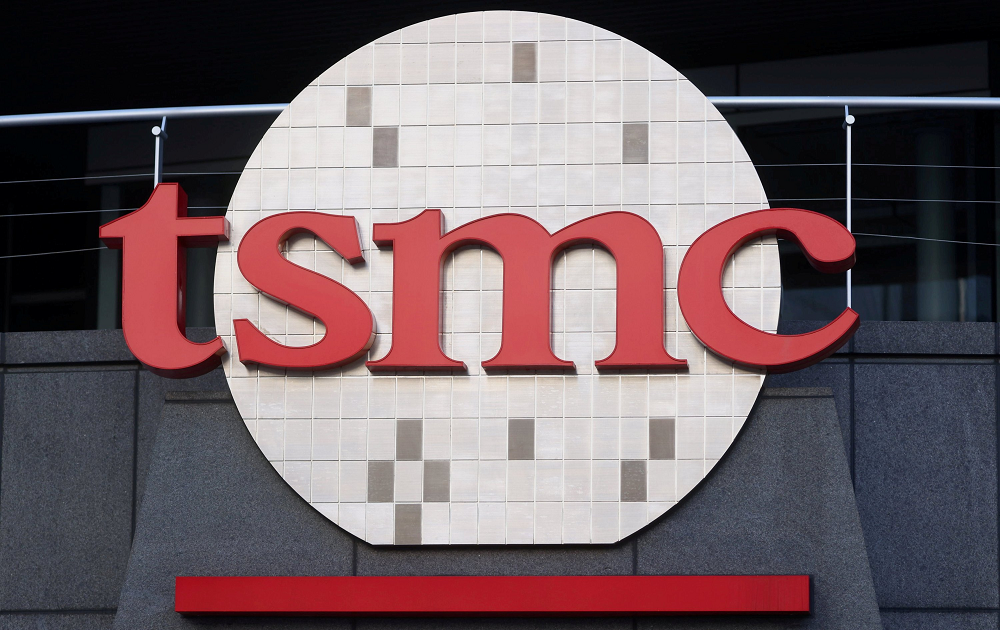Samsung Problems Made TSMC expand its 5nm capacities

With Samsung still having major difficulties in increasing the yield of state-of-the-art production processes for chips with extremely small structural widths, its biggest competitor TSMC is apparently seeing its opportunities growing. The market leader is therefore expanding its capabilities enormously. Apparently, Samsung is still failing to increase the efficiency of manufacturing chips with a structure width of five nanometers or less, so that customers like Qualcomm and other chip suppliers can be supplied with sufficient quantities.
The world’s largest contract manufacturer for such chips, TSMC, is looking to make Samsung’s life even more difficult by expanding its capabilities, Asia said. According to a report by the Taiwan Industry Service DigiTimes TSMC plans to increase its wafer capacity for the production of chips with a structure width of 5 nanometers by the third quarter of 2022 from the current 120,000 units per month to 150,000 units per month. This would have exposed sources at the suppliers of production facilities.
Samsung losing key customers to TSMC
TSMC also plans to significantly expand its proprietary capabilities for chips with a structure width of just four nanometers in the second half of 2022. Customers such as Nvidia have already paid large amounts in advance to secure capacity. Only Nvidia would have paid more than 10 billion dollars in advance for the production of new chips on a scale of 4 nanometers.
Qualcomm has also significantly increased its orders from TSMC as they are likely to launch a new variant of the Snapdragon 8 Gen 1 in May. With the node change to TSMC, Qualcomm is reportedly looking to increase the availability of the current top SoC, with the chip likely to be marketed under a new name as “Snapdragon 8 Gen1 Plus”. TSMC is currently said to have a yield of about 70 percent in its 5-nanometer production, while Samsung’s semiconductor division is only achieving a yield of about 35 percent. Samsung only recently indicated that it is currently seeing an increase in revenue, but does not provide concrete figures.
RS News or Research Snipers focuses on technology news with a special focus on mobile technology, tech companies, and the latest trends in the technology industry. RS news has vast experience in covering the latest stories in technology.











